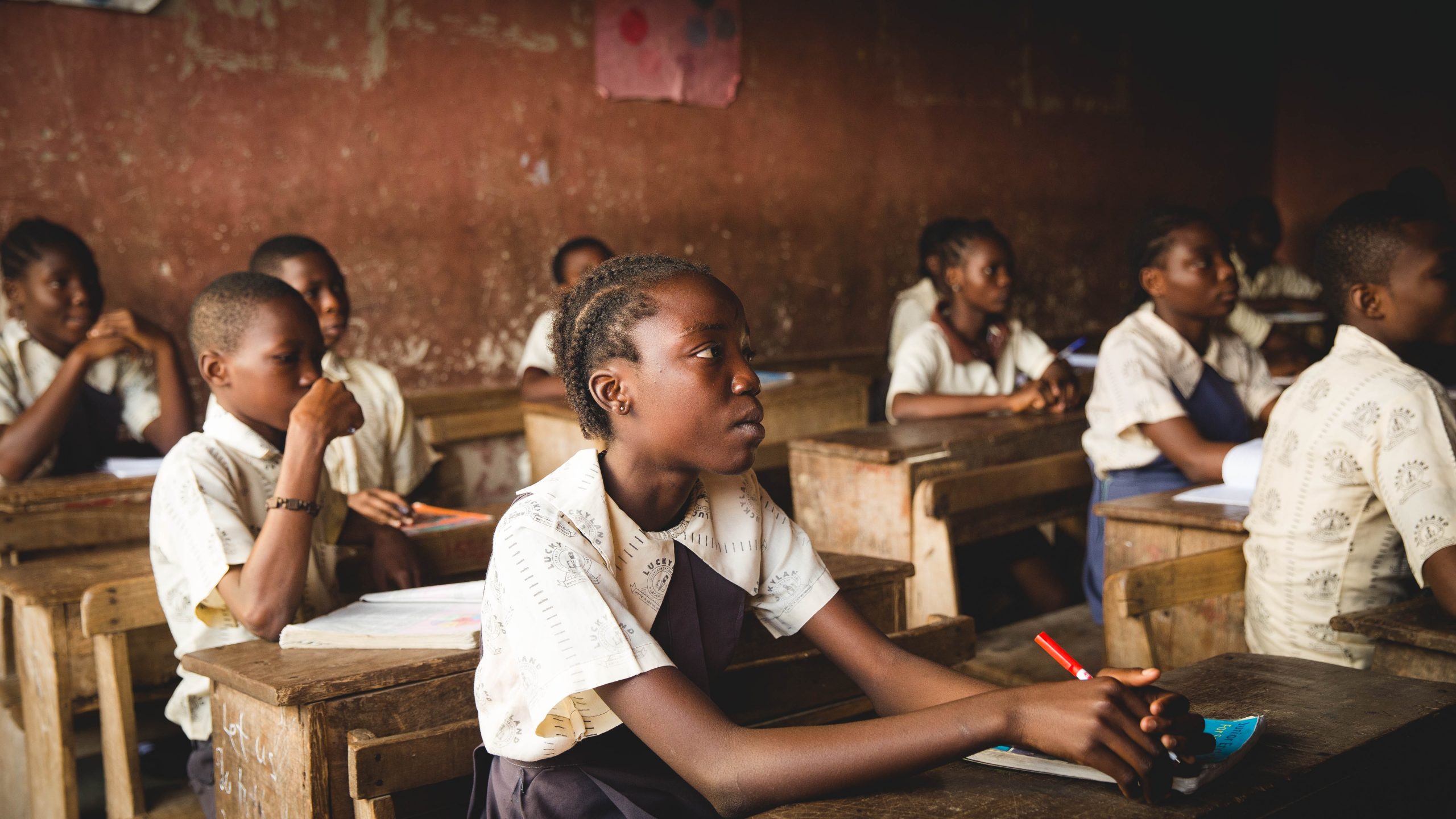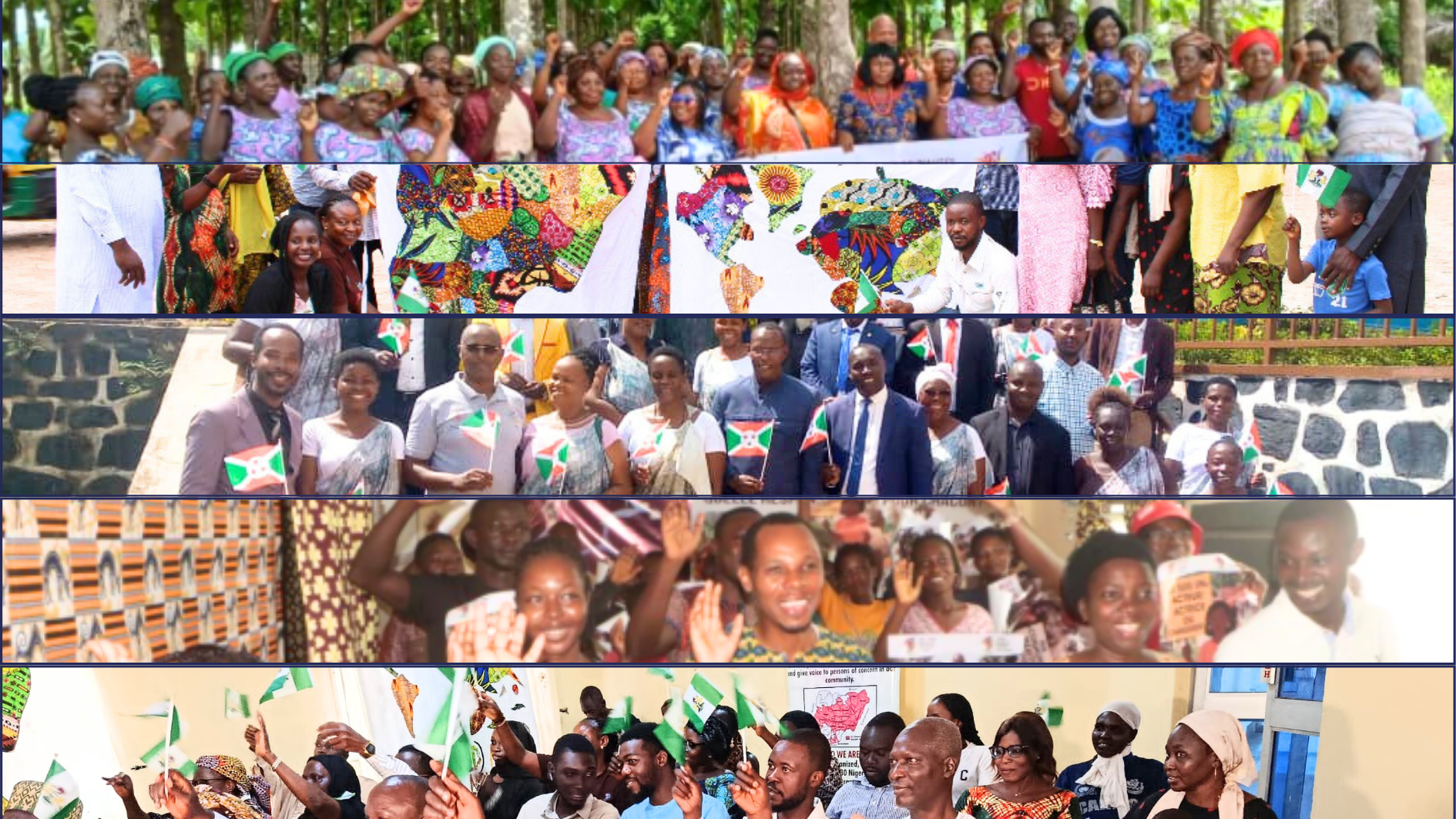About MCLD in Nigeria
Convened in 2020, our new coalition is called the Strategic Action for Community Development Nigeria (SACD-Nigeria). We know, first hand, that Nigerian people have the capacities and the potential to co-create and sustain this better future. We also know that “no community is an island” which is why we have come together.
We are 30 civil society organizations bound by a common dream for our country: community well-being as the norm, marked by social, mental, and physical health for every individual and of the collective, living in harmony with the natural environment. Our network members are trusted and proven: we have known each other for decades. Most member organizations are from ten to 30 years old, with eighteen led by women. Our leaders are visionary and courageous, as exemplified by Dr. Rebecca Dali, who was named the United Nations Global Humanitarian of the Year in 2017. By necessity, and by nature, we are innovative–with our most recent example being the formation of this very network. Learn more about our history.
We live and work in the most difficult places in Nigeria, as authentic and skilled partners and community members. Our members have long-standing relationships with the most vulnerable that allows trust to be more easily established, and for more astute insights into the current state of affairs to accomplish the work proposed in this concept.
Photo by Doug Linstedt on Unsplash
Current Initiatives
In 2024, MCLD in Nigeria reached 1,291 communities in 2024 through its focus on improving gender justice, trauma healing, and employment opportunities for survivors of gender-based violence. Through community meetings, capacity strengthening opportunities, focus group discussions, and more, SACD-N is working to change stigmas around women and girls, ensure access to education for girls, and increase women’s participation in decision-making.
Get to Know Us
Strategic Plan
In addition to our strategic plan, MCLD in Nigeria also has our strategy for strong communities. Read more here.




